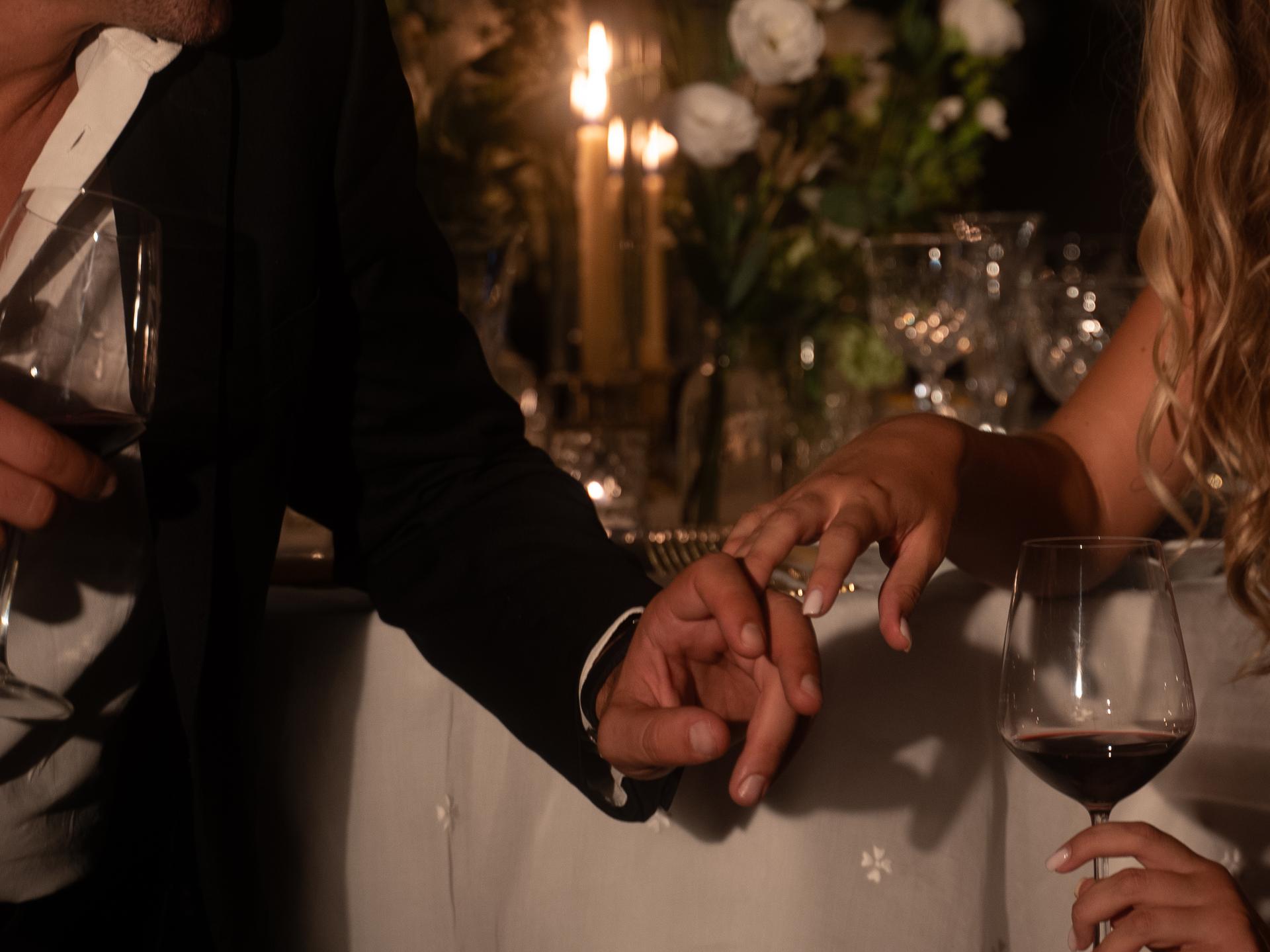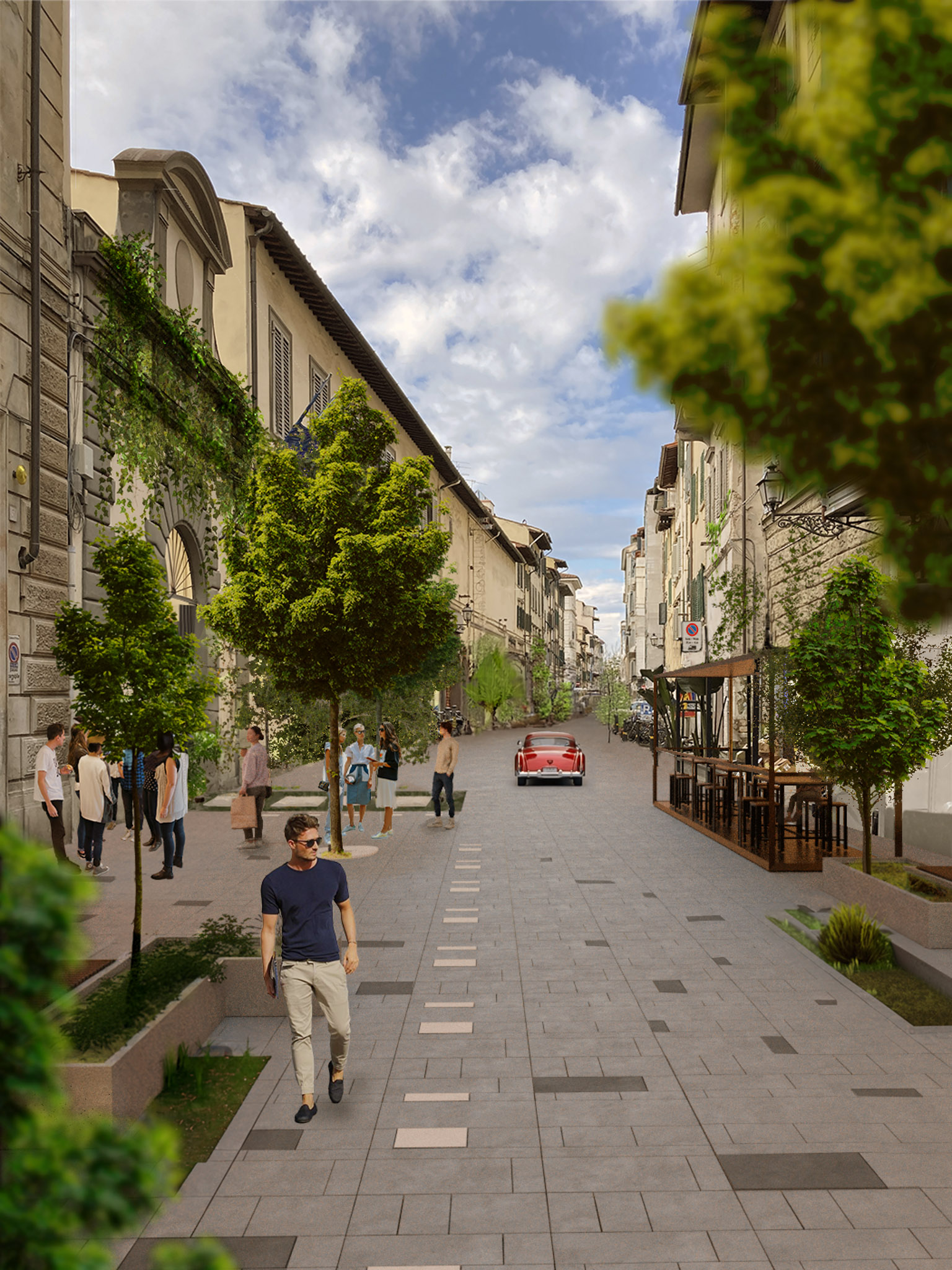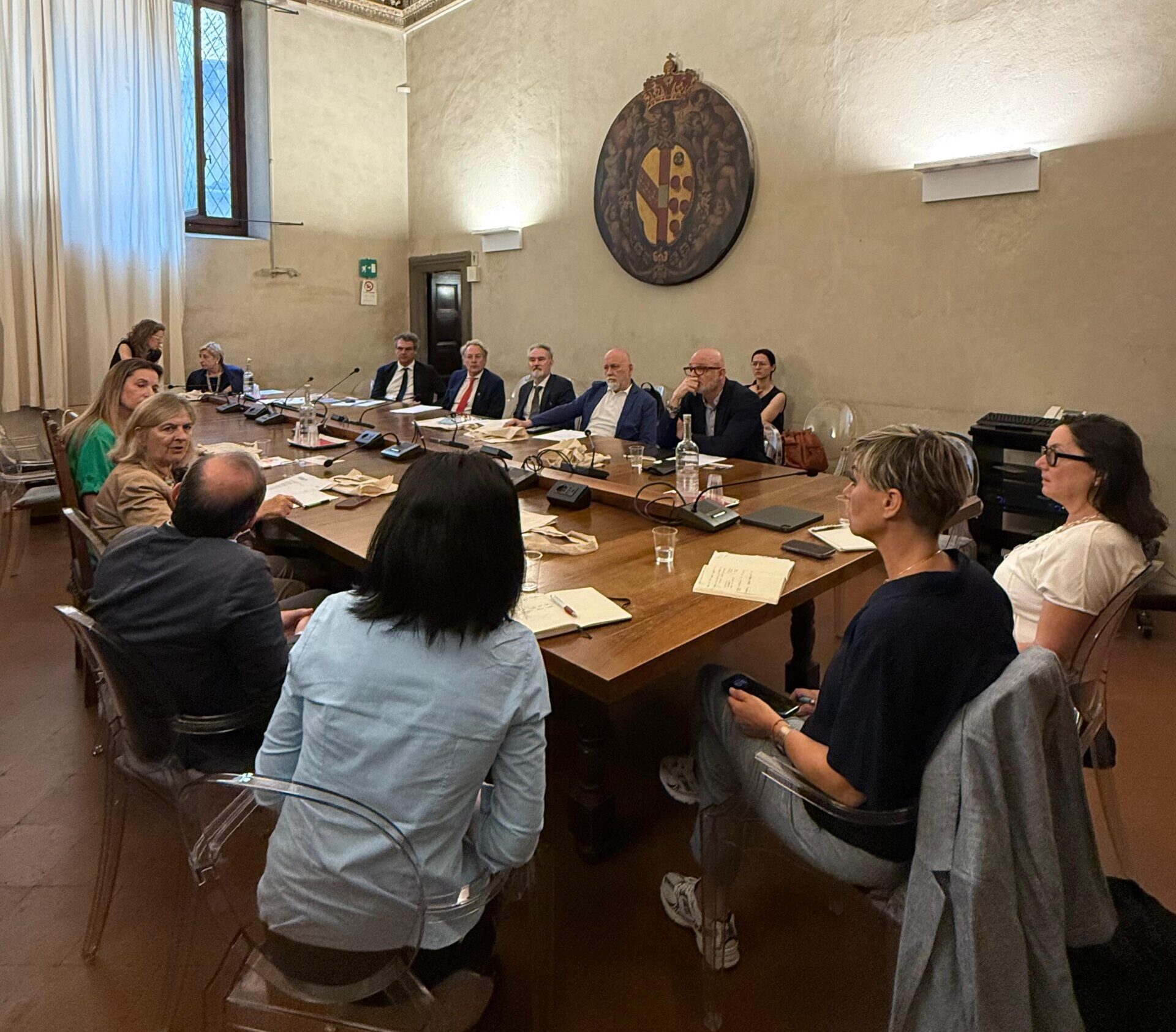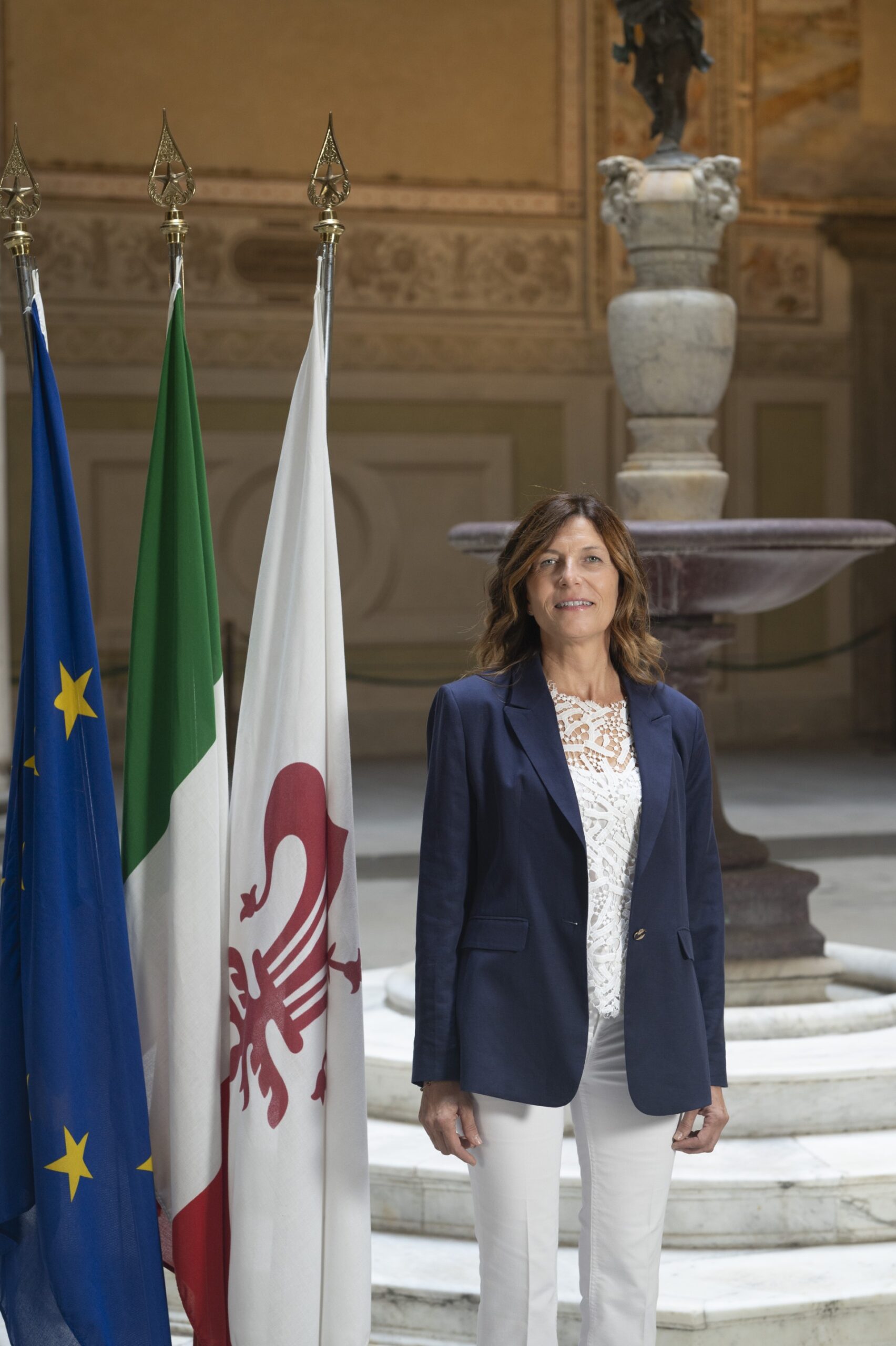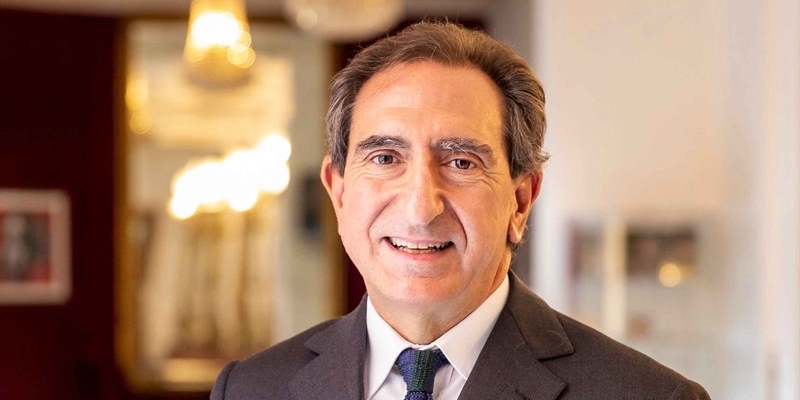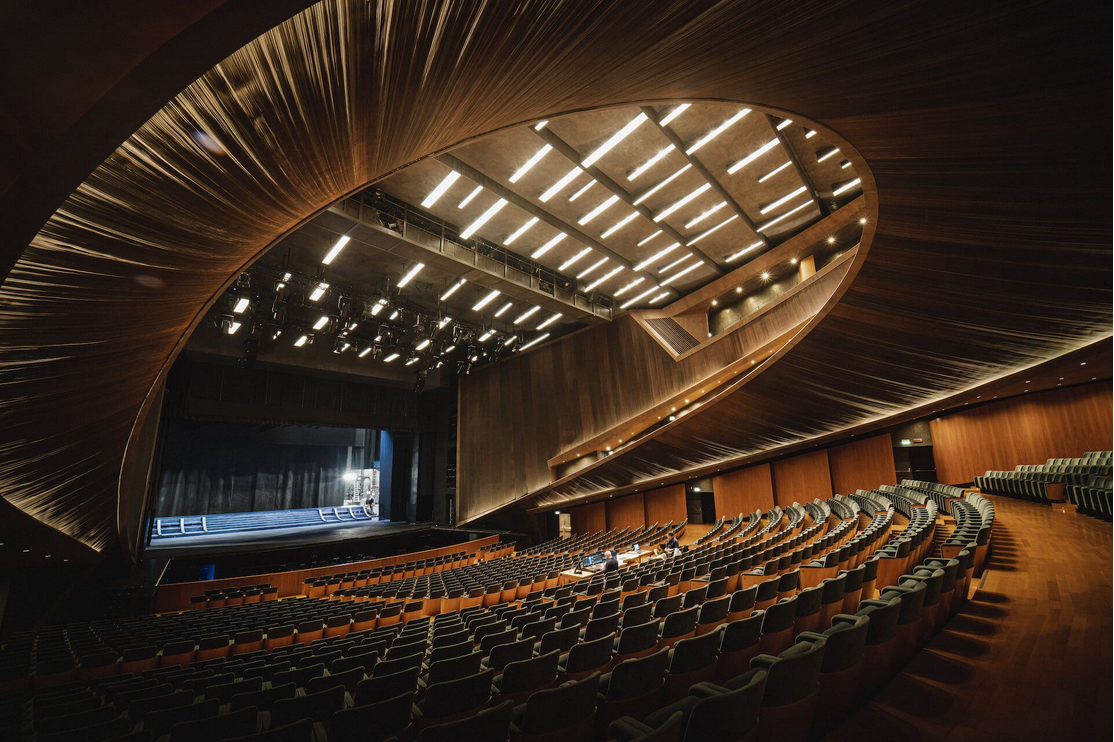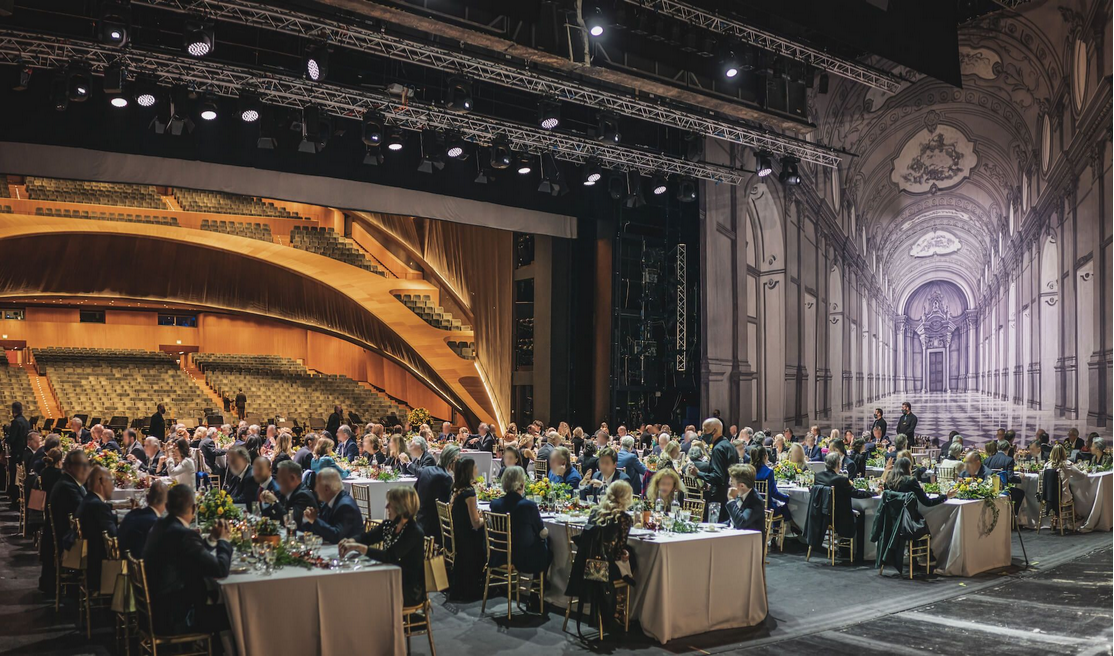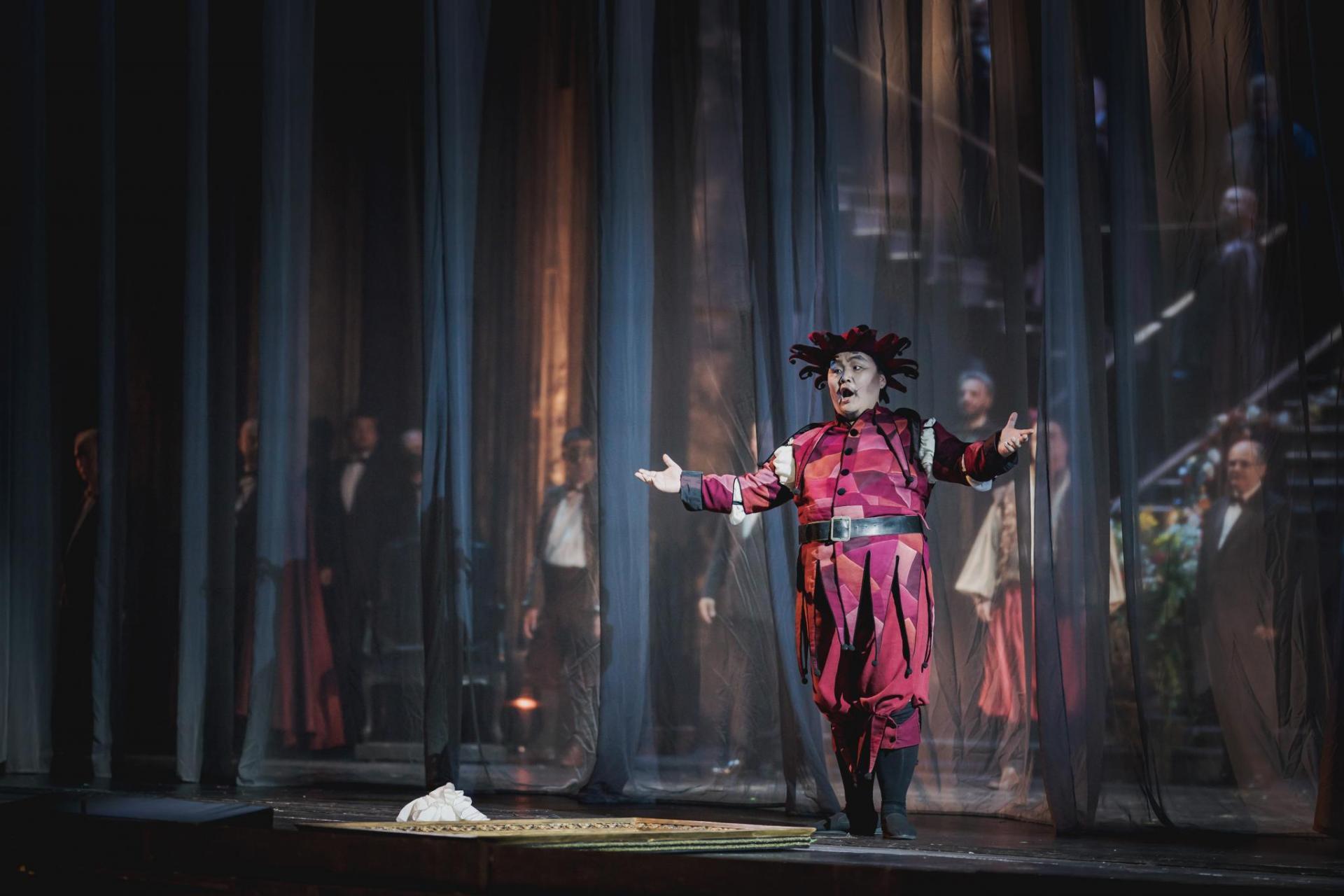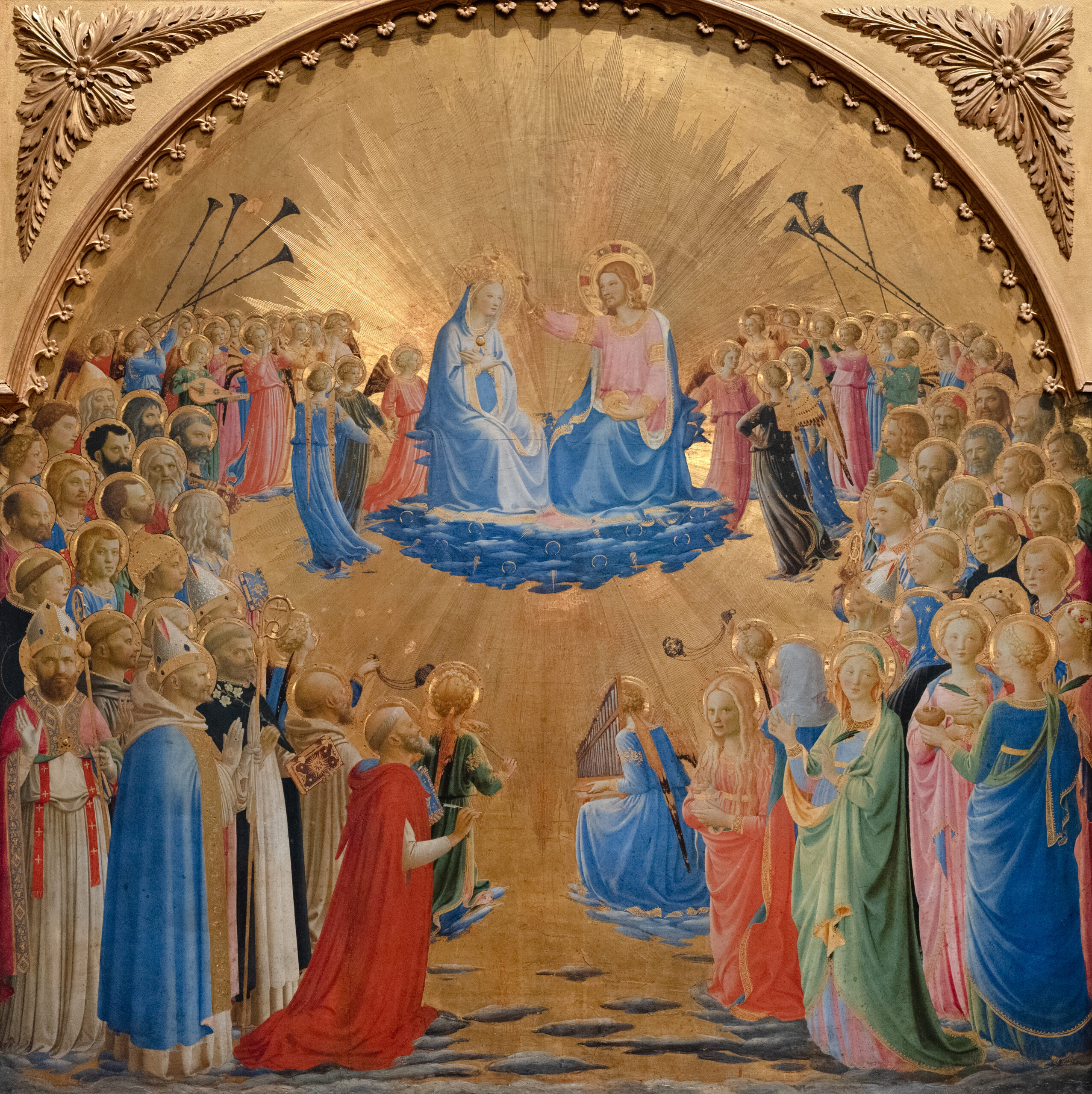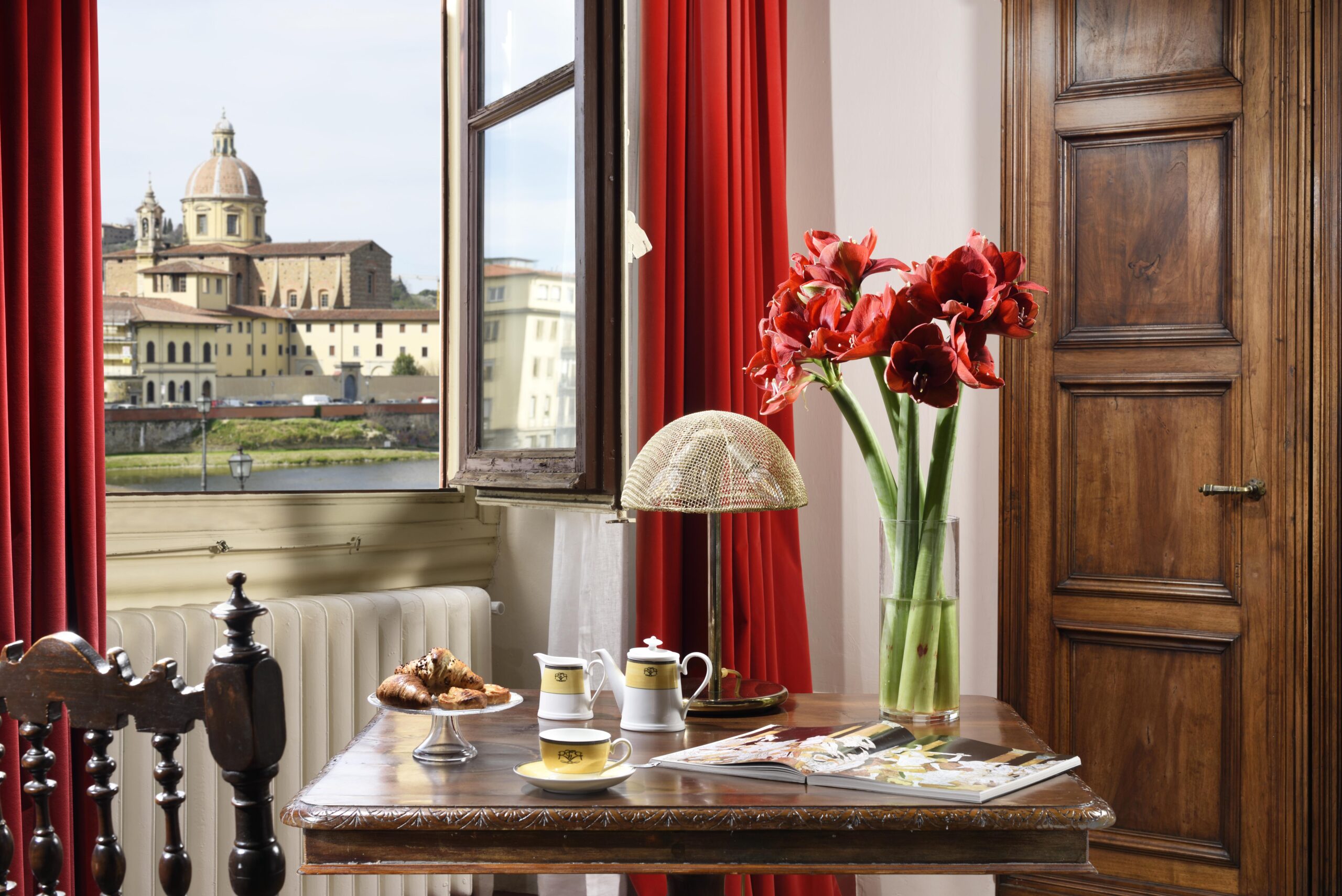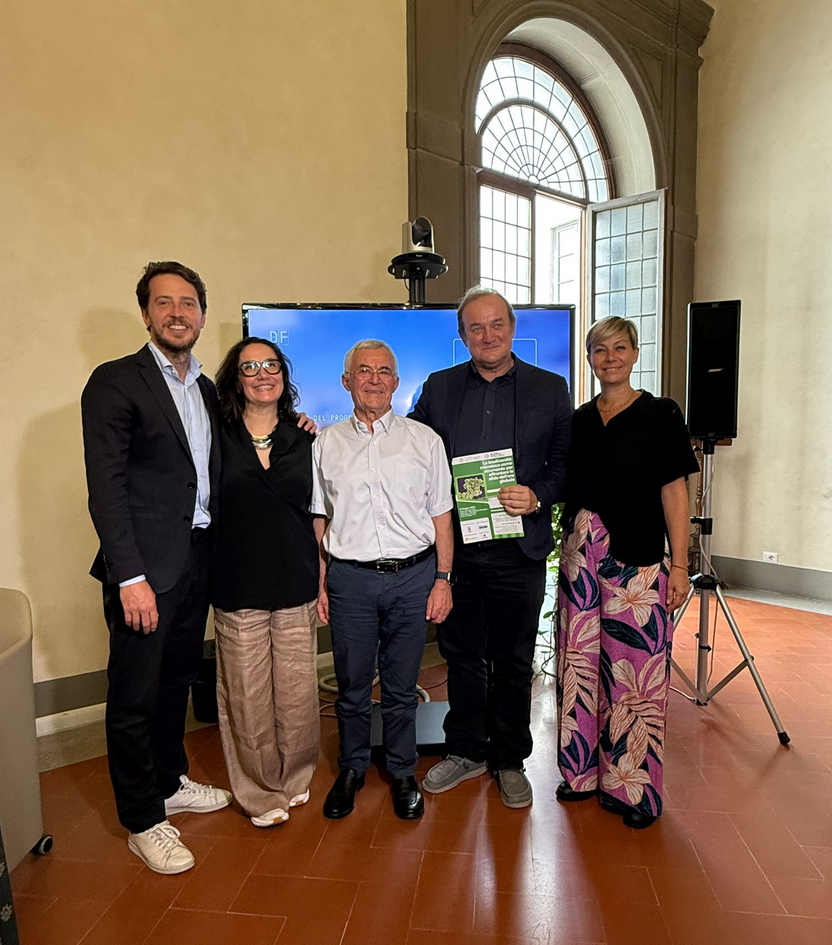Superintendent of Fondazione del Teatro del Maggio Musicale Fiorentino, Carlo Fuortes, arrived in the role five months ago at a time when the theatre is playing a leading role in attracting high-profile events to the city, having hosted 12 conventions and 4 conferences for a total of 22,000 participants in 2023, also thanks to the collaboration with Fondazione Destination Florence. We speak to the Superintendent to elaborate on Teatro del Maggio’s extensive programme and international appeal, as well as its capabilities in terms of convention and congress tourism.
Teatro del Maggio has recently presented a broad and ambitious program that covers the whole of 2025 and includes the 87th edition of Festival del Maggio Musicale Fiorentino, in contrast to the previous duration of programmes. What are the driving forces behind the theatre’s new course, and why such a long-term programme?
I believe it’s essential to offer a wide-ranging programme that not only gives the possibility to promote the theatre’s offering to the world, but also gives the time necessary to all international and local tour operators in order to include the events in tourist packages while giving individual tourists the possibility to purchase tickets directly online. I think it’s a great way to launch the theatre in correspondence, of course, with the quality of the programme because it’s not only about making the programme available well ahead of time, but also ensuring that it’s of high quality, and I believe that’s the case with what we have presented. There’s already been a positive response, with 40% more memberships in autumn compared to spring.
Maggio Musicale Fiorentino is one of the oldest opera festivals in Europe, and the theme for the 2025 programme is “The tradition of the new”. How do these souls reconcile?
The title comes from the fact that since the festival was created in 1933, it’s a formula that has spread all over the world. The Maggio came about in a very fertile period culturally speaking, born at the same time as the Venice Biennale, for example. Since then, festivals of its kind have been created all over the world. The Maggio looks at the world of opera as a place of discovery and of languages within production, from set designers to painters to cinema, broadening the possibilities for writers, musicians and composers, and broadening the offering for tourists. It’s the model that festivals in places like Luxembourg and Provence are following, making musical operas a place for the meeting of various artistic languages and contemporaneity. The work lends itself very well to doing this, as it can involve composers, photographers, painters, sculptors, video artists, and film directors and push everyone to the challenge of creating new work. So the slogan means exactly this, keeping the line of tradition but moving towards the future.
